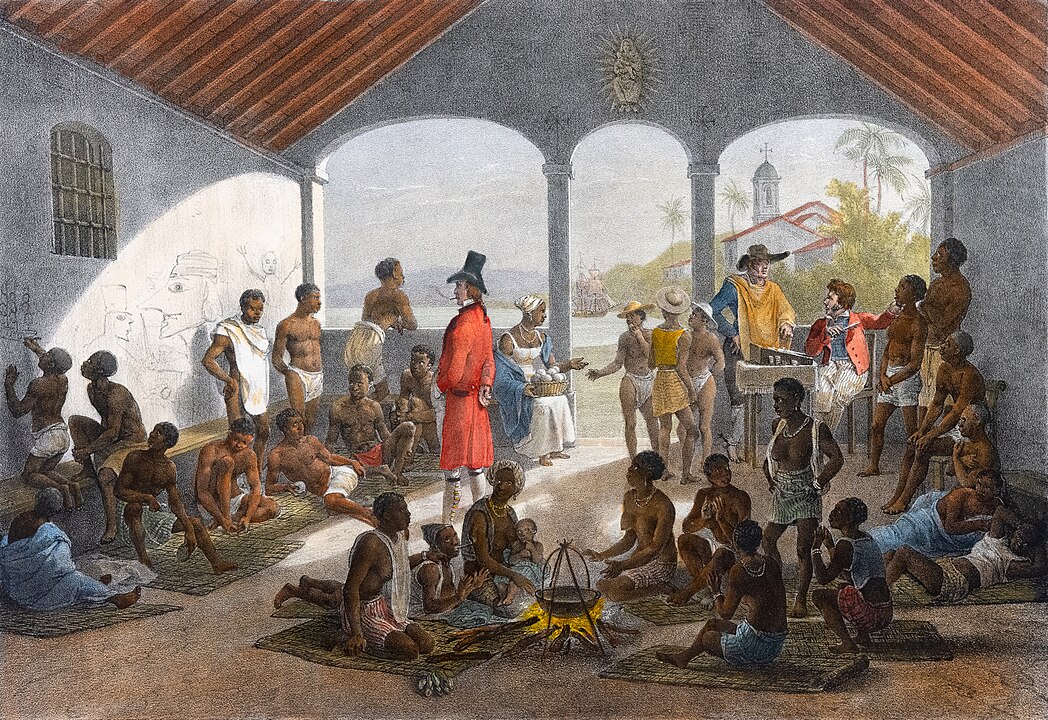Language carries memory, even when the story behind a phrase fades. Casual expressions can trace back to violence, exclusion, or tragedy that still echoes for families and communities. The four entries here span a mass poisoning in the jungle, a river route that tore kin apart, voting rules built to silence citizens, and theater balconies that doubled as color lines. What this really means is simple. Words hold more than meaning; they hold lives. Knowing origins leads to better choices and clearer speech.
Drink the Kool-Aid
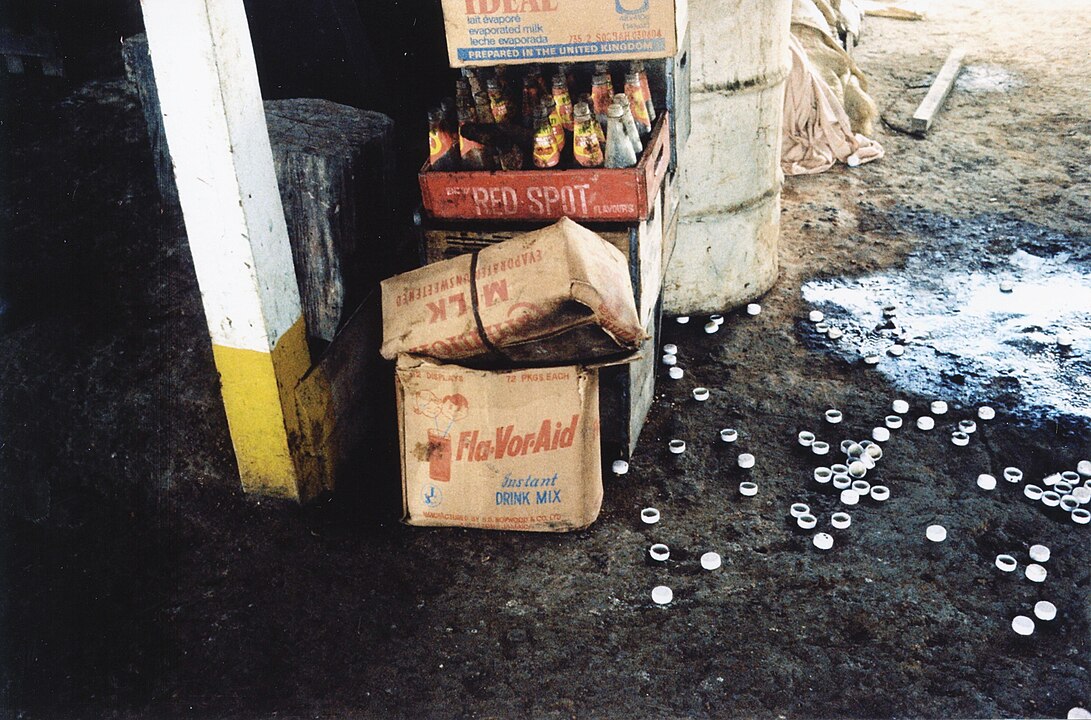
The saying points to Jonestown in 1978, when more than 900 members of the Peoples Temple died after drinking a cyanide-laced mix at a remote settlement in Guyana. Armed men surrounded vats, parents were coerced, and children were among the dead. Survivors and investigators later noted the powder was likely Flavor Aid, not Kool-Aid, but the brand stuck to the tragedy in public memory. Today the phrase often means blind loyalty, yet its source is a mass death, not a punchline or a team slogan.
Sold Down the River
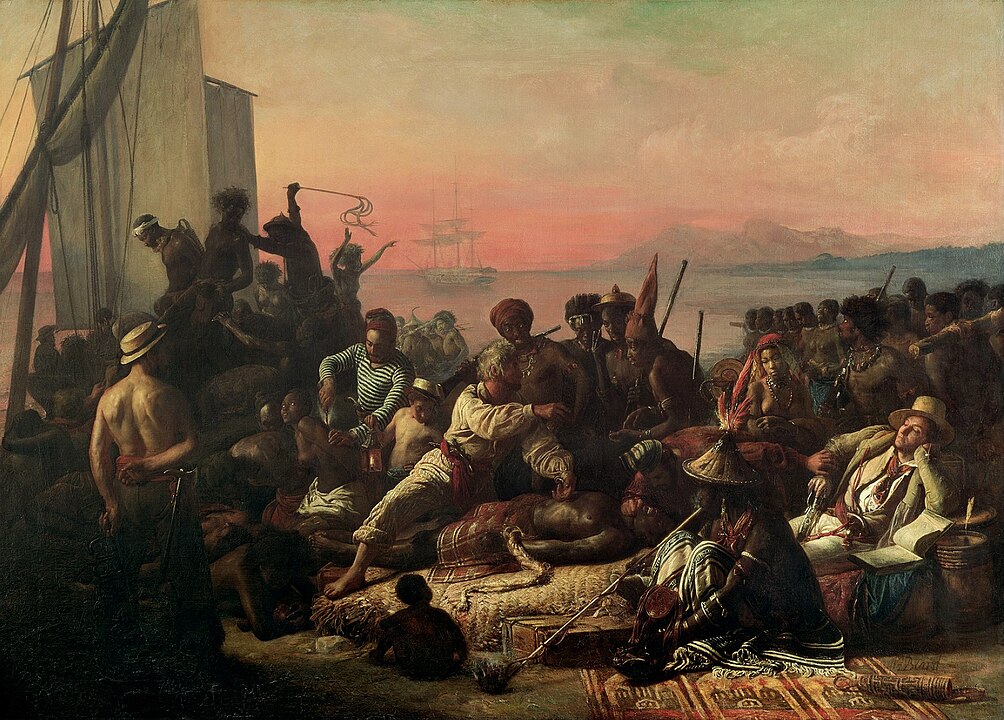
In the 1800s, enslaved people in the Upper South were trafficked down the Mississippi to labor on sugar and cotton plantations in the Deep South. The sale meant permanent separations, harsher overseers, and a higher risk of injury and death. Over time the phrase shifted to mean betrayal by someone trusted, but the original cost was not disappointment; it was family, freedom, and survival under slavery. Using it casually can flatten a system that extracted wealth by breaking lives and lineages.
Grandfather Clause
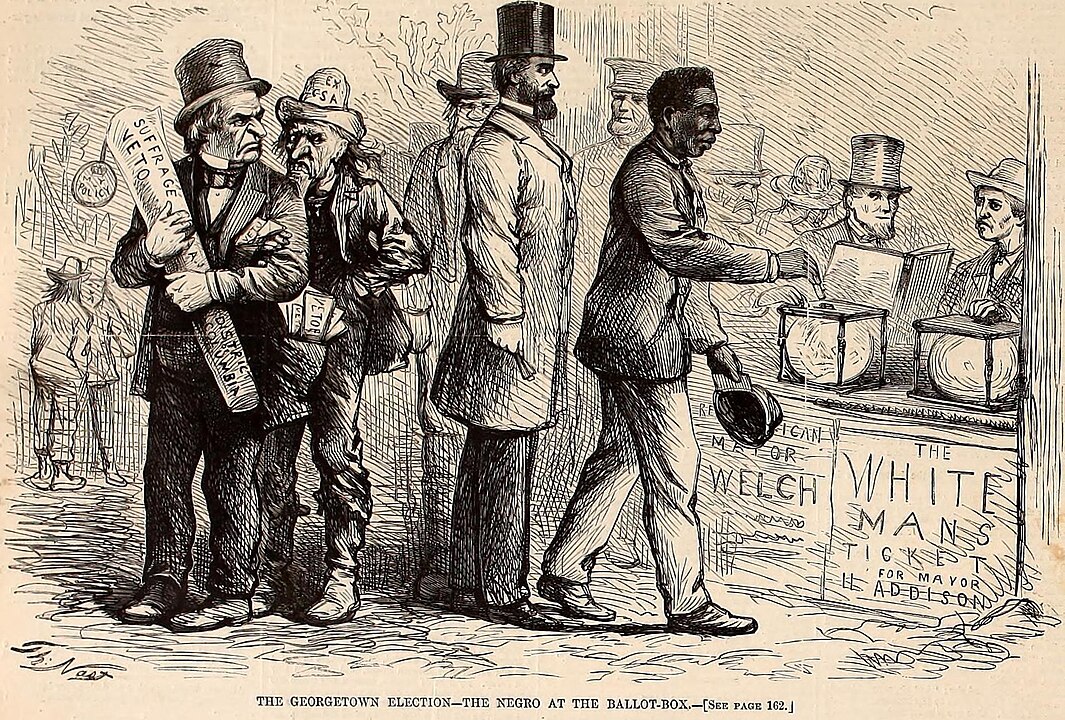
After Reconstruction, several Southern states crafted rules that exempted men from literacy tests or poll taxes if a grandfather had voted before 1867. Because Black citizens were largely barred from the ballot in that era, the exemption restored white electorates while pretending to be neutral. Courts dismantled many versions in the early 1900s, including a 1915 Supreme Court decision that struck Oklahoma’s scheme. Today the term often signals a friendly exception, yet its origin targeted voting rights with legal sleight of hand.
Peanut Gallery
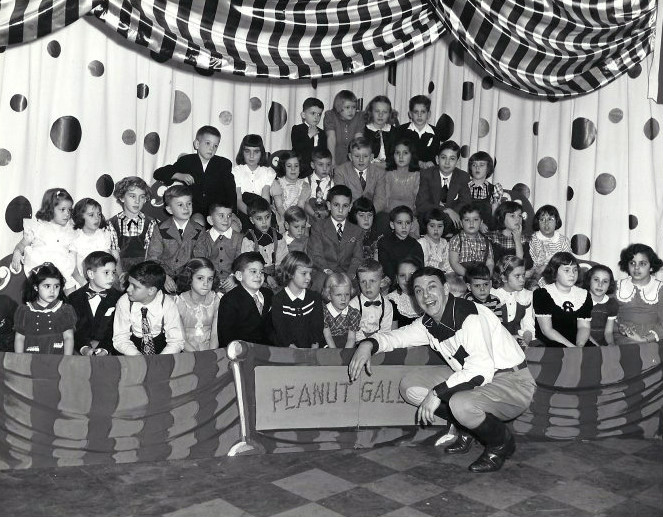
The peanut gallery began as the cheapest seats in 19th century theaters and vaudeville halls, where patrons sometimes threw peanuts at performers. In many venues, segregation pushed Black audiences to those sections, turning a price tier into a boundary of race and class. The phrase later became a breezy way to dismiss hecklers or background commentary, but the backdrop involved exclusion as much as comedy. Remembering that context adds care when speaking about who gets heard and who is told to stay quiet.
